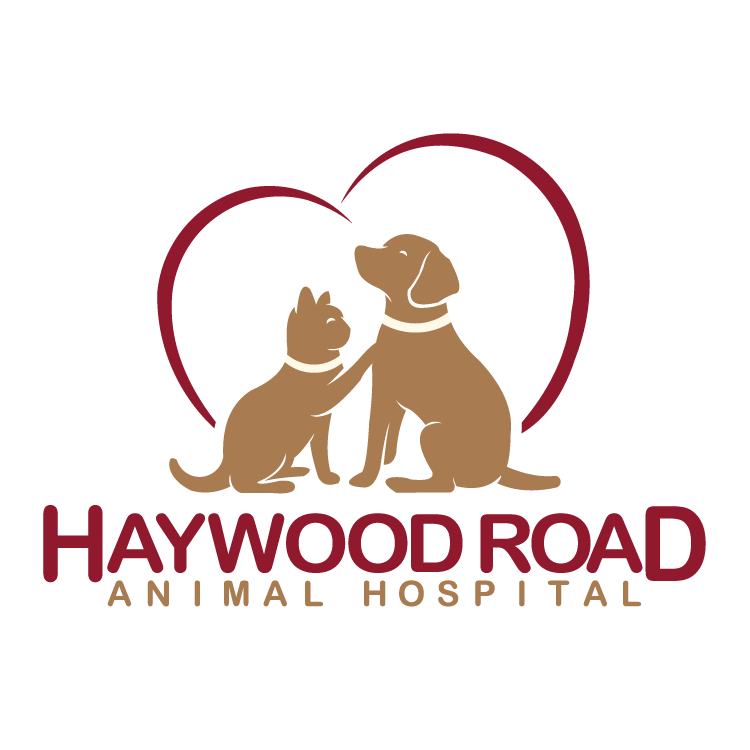What exactly are dog vaccinations?
Dog vaccinations are similar to people vaccinations, with some required annually and others every three years. They are crucial medications that help prevent harmful viruses that can cause serious illness in dogs.
Dr. Adele Hilliard
Haywood Road Animal Hospital
How do vaccinations impact the health and well-being of my dog?
Vaccinations contribute to a longer, healthier, and happier life for your dog by protecting them from major viruses. Without vaccinations, your dog is at a higher risk of getting sick from these viruses, some of which have no treatment and can even be fatal.
Are vaccinations required by law?
Only the rabies vaccination is legally required for both dogs and cats, as it can be transmitted to humans. Other vaccinations are recommended as core vaccinations but are not legally required.
Does my dog's lifestyle factor into what vaccinations my veterinarian will recommend?
Yes, your dog's lifestyle greatly influences the recommended vaccinations. Factors include whether your dog goes to the lake, hikes, camps, lives in a wooded area with ticks or wildlife, or goes to kennels, grooming, or daycare boarding.
How soon should I get my dog vaccinated?
Vaccinations can start between six and eight weeks of age, depending on the vaccine. Schedule an appointment with your veterinarian as soon as you get your puppy or adult dog to discuss the recommended and required vaccines.
Do I really need to avoid allowing my puppy to socialize with other dogs until they are fully vaccinated?
Yes, it is crucial to keep your puppy separate from non-vaccinated dogs and public areas until they are about 18 to 20 weeks of age and fully vaccinated. This is because harmful viruses, like parvo, can live in the environment for up to a year, increasing the risk of exposure.
Why is it important to avoid missing a dog vaccination?
Avoiding missed vaccinations is essential for your dog's health and to prevent higher risks of illness. Additionally, missing vaccines may require restarting or extending the vaccination series, which can be more expensive for you.
What are the typical puppy and dog vaccination schedules?
The vaccination schedule usually starts with a kennel cough vaccine at six weeks of age and then given annually. This is followed by distemper parvo vaccines given every three weeks or so between six and eight weeks of age until they reach the 16 to 20 week mark. Rabies vaccines are given at around 16 weeks of age, and after the first vaccine is given, it will be administered every three years. Other vaccines, such as leptospirosis and Lyme, can be started at 12 weeks of age and continued annually. If your pet is overdue, these vaccines need to be given more often, and nobody wants that. There is also the flu vaccine, which is recommended for dogs that go to boarding or grooming facilities. This is administered after the initial six to eight week period, and after the first booster is given, it needs to be administered annually.
What diseases are prevented with vaccination?
Vaccines can prevent various diseases, including kennel cough, rabies, distemper parvo, parvovirus, parainfluenza, leptospirosis, Lyme, and regular influenza. These vaccines are essential for ensuring your dog's long and healthy life.
If you still have other questions and you'd like to reach out to us, you can call us directly at (864) 288-7472, or you can email us at [email protected]. But please do reach out, and we'll get back to you as fast as we can. Don't forget to follow us on social media https://www.facebook.com/animalhospitalgreenville, https://www.instagram.com/haywoodroadvet/
Dog Vaccination - FAQs
Dr. Adele Hilliard
Haywood Road Animal Hospital
Are all puppy and dog vaccinations necessary?
No, it depends on your pet’s lifestyle. Core vaccinations are those that are considered to be either required or highly recommended for every dog. Examples include rabies, distemper parvo, and leptospirosis vaccines. The kennel cough vaccine, in my opinion, should be a core vaccine. Sometimes we hold off on this vaccine if a dog is truly never boarded or taken to a grooming facility, but there is always a risk of exposure.
Are all core vaccinations mandatory?
No, the only mandatory vaccination is the rabies vaccination. However, it is highly recommended for dogs to receive all their core vaccinations, as they protect against serious diseases that can be easily transmitted.
What are non-core vaccinations, and why does my dog need them?
Non-core vaccinations include the kennel cough, Lyme, and flu vaccines. The kennel cough vaccine is recommended for dogs that will be boarded, kenneled, groomed, or attend doggy daycare. The Lyme vaccine is recommended for dogs that live in or frequently visit wooded areas, go hiking or camping, or are exposed to ticks. However, even if a dog goes for a walk outside, there may be ticks waiting in the grass for your dog to pass so they can latch on, so the Lyme vaccine is always recommended. The flu vaccine is especially important for dogs that will be boarding, grooming, or attending doggy daycare, as the flu can be deadly and easily transmitted in these environments.
Does my senior dog still need core vaccines?
Yes, dogs need to receive vaccinations regularly to maintain their immunity to diseases. After a dog turns one year of age, as long as their vaccines have been on schedule, they will receive distemper parvo and rabies vaccines every three years. Lyme, leptospirosis, kennel cough, and flu vaccines are given once a year. Skipping vaccinations can hinder a dog's immune system and increase their risk of contracting diseases, especially for senior pets.
If you still have other questions and you'd like to reach out to us, you can call us directly at (864) 288-7472, or you can email us at [email protected]. But please do reach out, and we'll get back to you as fast as we can. Don't forget to follow us on social media https://www.facebook.com/animalhospitalgreenville, https://www.instagram.com/haywoodroadvet/
